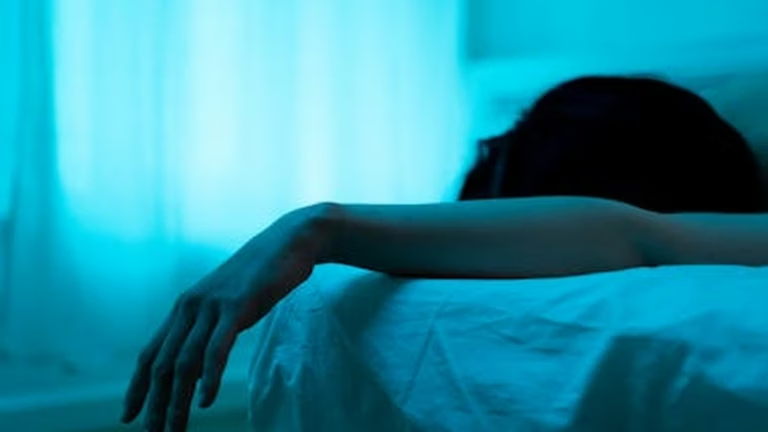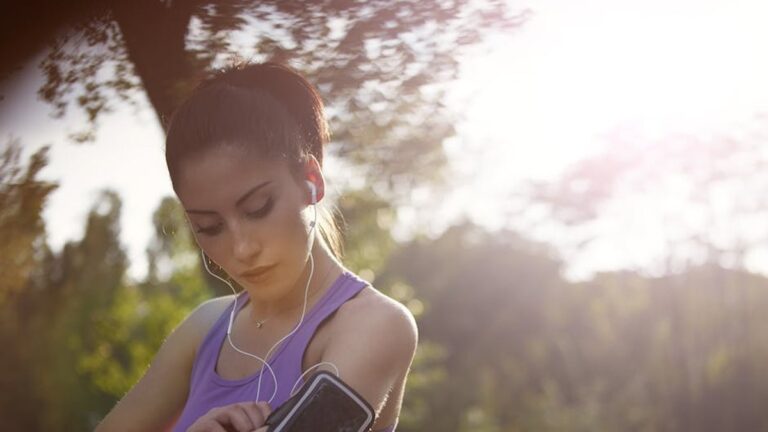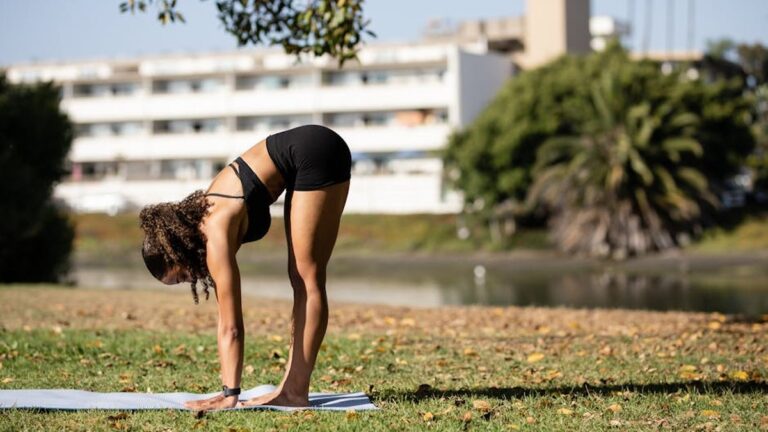Sleep Tech of 2025: Devices & Apps for Enhanced Sleep Quality & Tracking
Introduction: The Evolving World of Sleep Technology
Are you tossing and turning at night? Do you wake up feeling tired, even after a full eight hours? You’re not alone. Millions struggle with sleep issues, and the quest for better sleep is driving innovation in the sleep technology sector. By 2025, we can expect even more sophisticated and personalized solutions to help us achieve restful, restorative sleep.
This article delves into the exciting developments expected in sleep tech by 2025, covering innovative devices and apps designed to enhance sleep quality and provide comprehensive sleep tracking. Get ready to explore the future of sleep!
Advanced Sleep Tracking Devices
Sleep tracking has come a long way from basic step counters. The next generation of sleep trackers promises to be even more accurate and insightful.
Wearable Sleep Trackers: Refined and Personalized
Expect to see wearable devices that are smaller, more comfortable, and packed with advanced sensors. These devices will not only track sleep stages (light, deep, REM) but also monitor:
- Heart rate variability (HRV): An indicator of stress and recovery.
- Body temperature: To identify patterns and potential sleep disturbances.
- Movement and restlessness: For a more detailed picture of sleep quality.
- Respiratory rate: To detect potential breathing issues during sleep.
Furthermore, AI-powered algorithms will analyze this data to provide personalized insights and recommendations for improving sleep.
Non-Wearable Sleep Sensors: Comfort and Convenience
For those who dislike wearing devices to bed, non-wearable sleep sensors offer a convenient alternative. These sensors, often placed under the mattress or on a bedside table, use radar or sonar technology to track sleep patterns without physical contact.
By 2025, these sensors will likely become even more sophisticated, offering:
- Improved accuracy: Minimizing false readings and providing reliable data.
- Integration with smart home devices: Automatically adjusting room temperature, lighting, and sound based on sleep stage.
- Detection of sleep apnea and other sleep disorders: Potentially alerting users to seek medical attention.
Innovative Sleep Enhancement Apps
Sleep apps are becoming increasingly popular as tools for improving sleep hygiene and addressing specific sleep challenges.
Personalized Sleep Coaching Apps
These apps use data from sleep trackers and user input to create personalized sleep schedules, relaxation techniques, and behavioral strategies. Expect to see more:
- AI-driven coaching: Providing real-time feedback and adjustments based on individual needs.
- Integration with mental health resources: Addressing underlying issues like anxiety and stress that can impact sleep.
- Gamified sleep challenges: Making sleep improvement more engaging and motivating.
Sound and Light Therapy Apps
These apps use soundscapes, white noise, and light therapy to promote relaxation and improve sleep quality. Future developments may include:
- Binaural beats and isochronic tones: Using specific frequencies to induce relaxation and promote sleep.
- Dynamic light therapy: Adjusting light intensity and color throughout the night to support the body’s natural circadian rhythm.
- Personalized soundscapes: Creating customized sound environments based on user preferences and sleep data.
Practical Tips for Leveraging Sleep Tech
While sleep tech can be a valuable tool, it’s important to use it effectively.
- Choose the right device or app: Consider your specific needs and preferences. Read reviews and compare features before making a purchase.
- Be consistent: Use your sleep tracker or app regularly to gather meaningful data.
- Interpret the data carefully: Don’t get overly anxious about minor fluctuations in your sleep data. Focus on long-term trends and patterns.
- Consult a healthcare professional: If you have persistent sleep problems, seek advice from a doctor or sleep specialist. Sleep tech should be used as a supplement to, not a replacement for, professional medical care.
The Future of Sleep: A Personalized Approach
The sleep tech of 2025 promises a future where sleep is not just a passive activity but an actively managed and optimized aspect of our lives. By combining advanced technology with personalized insights, we can unlock the secrets to better sleep and improve our overall health and well-being.
Conclusion: Embracing the Potential of Sleep Tech
The evolution of sleep technology is rapidly changing how we understand and improve our sleep. As we move closer to 2025, the integration of sophisticated devices and intelligent apps offers exciting possibilities for achieving enhanced sleep quality and personalized sleep tracking. By embracing these advancements and using them responsibly, we can all pave the way for more restful nights and brighter, more productive days.





